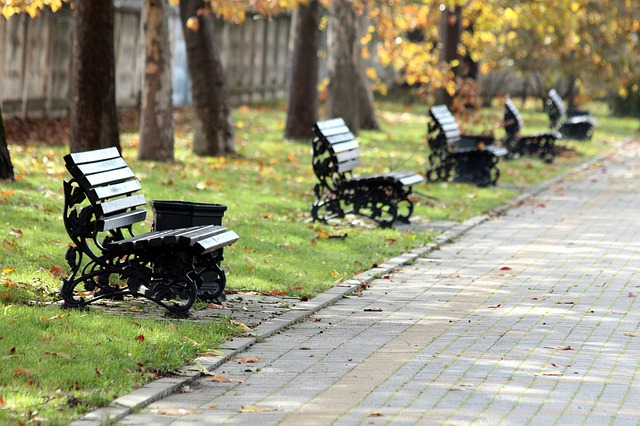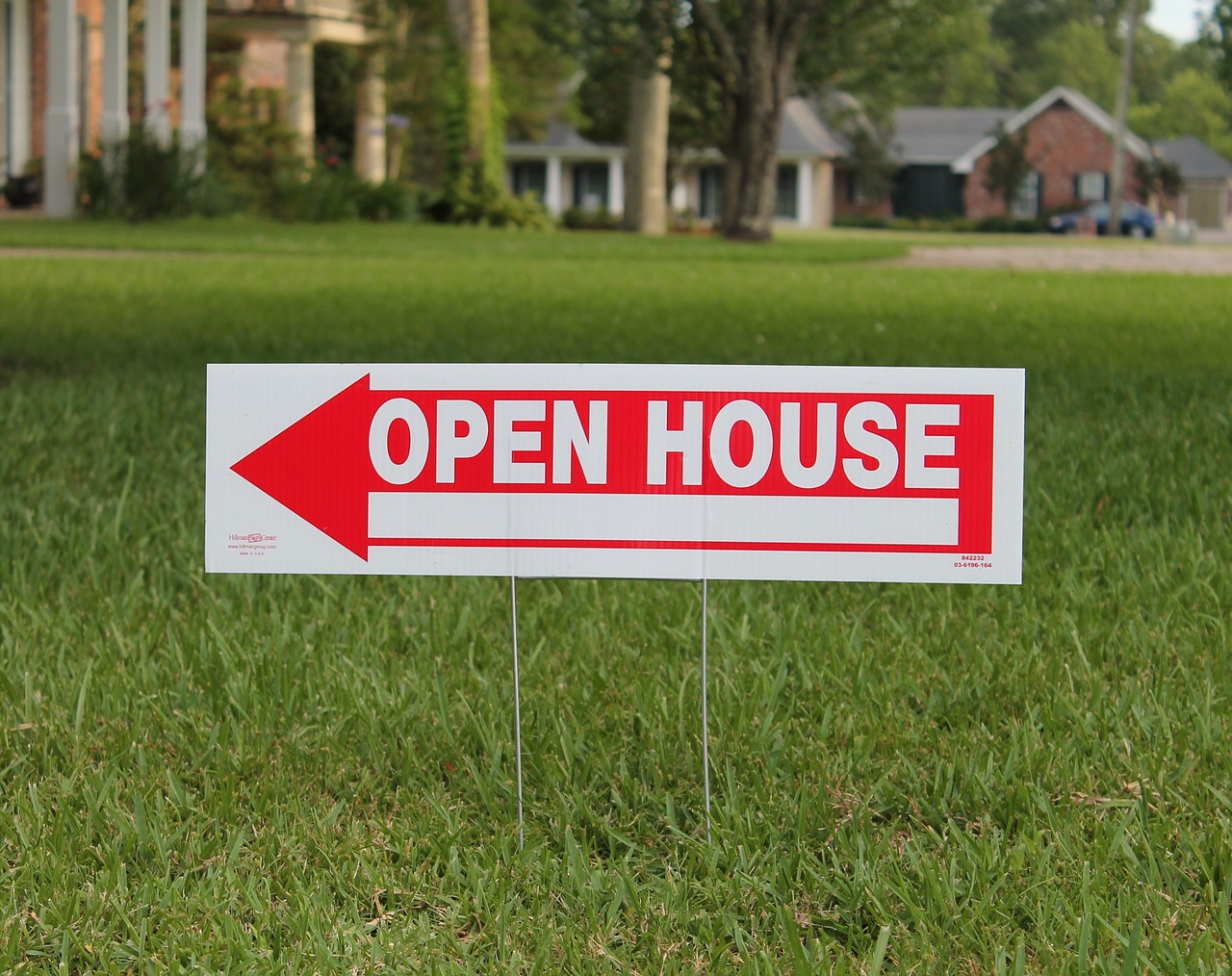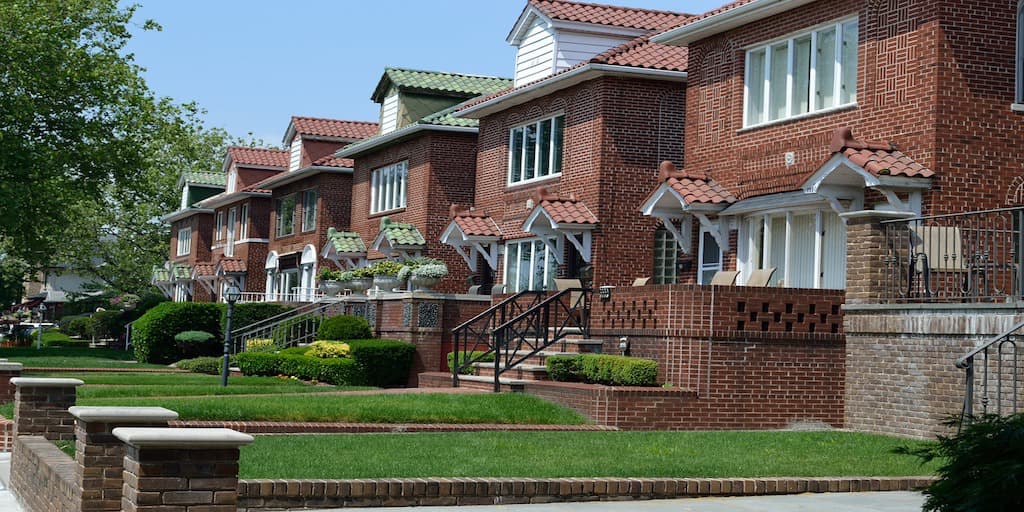They say home is where the heart is, but what if your heart can’t decide where to be? If you’re planning to buy a home, keep in mind that you’re not just buying a house, you’re investing in a neighborhood. These two are interchangeable, so be wise in choosing the area you’ll be moving to. Location is the most variable when deciding to move, you can have a great big house, but if you’re stuck beside a busy airport, highway or even doomed to have neighbours from hell, your dream house will become a nightmare. And the worst part is, re-selling the house will be double as hard, so you’re kind of stuck now. From great education systems, to low crime rates, to resources available, there are many aspects to consider when choosing the perfect neighbourhood. Choosing a good neighborhood is a logical process of smart decisions and relevant actions.
To prevent a location disaster and wrong choice, here are 4 tips on choosing the right neighborhood for you and your family.
1. Identify your perfect neighborhood
 You need to know what you’re looking for, instead of getting stressed and continuously searching without identifying the main aspects you want to have in the neighbourhood. Ask yourself what the most important features of a neighborhood are;
You need to know what you’re looking for, instead of getting stressed and continuously searching without identifying the main aspects you want to have in the neighbourhood. Ask yourself what the most important features of a neighborhood are;
- Parks available for my morning jog?
- Proximity to shopping areas?
- Quiet or busy streets?
- Access to public transportation?
- Old or newer development?
- Community behavior?
Once you picture what you want, it’s easier to move to the next step and start searching. On the contrary, think about what you don’t want in a neighborhood, too. If you can’t stand late-night noise, you’ll probably want to move away from college areas, or areas with lively scenes.
2. Explore your chosen neighbourhood

With your area of the city in mind, start discovering and digging up information. You can find a lot of interesting information online, or ask a local real estate agent for recommendations and start compiling all the background information.
- If you have children or planning to, the first thing to look for is the neighbourhoods school system and availability of parks for recreation.
- Visit the local police station or ask a realtor for crime statistics to ensure you are moving into a safe zone.
- How far is it from your job? If you plan to drive, walk or take public transportation? Or do you want to be able to go to places by foot?
- Coffee junkies, make sure there’s a Starbucks down the street!
We suggest not only searching online, but physically going and taking a drive and walk around the area. This way it’s easier to identify any issues and get a feel of the neighbourhood, to make sure you are making the right choice. Spend some time walking, take note of the condition of the houses, streets, sidewalks, observe the people around you, if they make eye contact, this is a good sign the area is safe and friendly. Are the occupants families, college students or senior citizens? We recommend taking a few walks at different times of the day to get a feel of its highs and lows.
3. Real Estate value

Buying a home is probably the largest investment you will ever make, and you need to seriously consider this factor. With the real-estate industry in a constant state of instability, research current home prices, length of time they are for sale, the resale values and long-term value estimates. Some signs can help you assist, is the area being further developed and therefore may become more attractive for home buyers? Is it located in a small town or a city? You can find such statistics online, or even through real-estate agents, yes they might take some commission or referral fees, but it helps you validating the right decisions about your investment.
4. Affordability

You chose the neighbourhood, your gut says that’s my dream house, but the utmost concern should be living comfortably and within your means. When it comes to decide affordability, you should add more factors than just housing expenses; consumable good prices like groceries, gasoline, utility, taxes, and much more, as they vary from town to town. Make sure you add all factors to the calculation to identify if you can afford the new move. In terms of mortgage, ask yourself basic questions to know if it is right for you, will it be fixed and adjustable? Will it be flexible? Make sure you compare all loan options before commiting.
Choosing the right neighbourhood has multiple factors that compete for your attention. Determine what is the most important to you and your family, do your homework and search until you find the right place. It may be a tiresome process, but at the end, once you’re settled, it will be worth it. Happy hunting!






